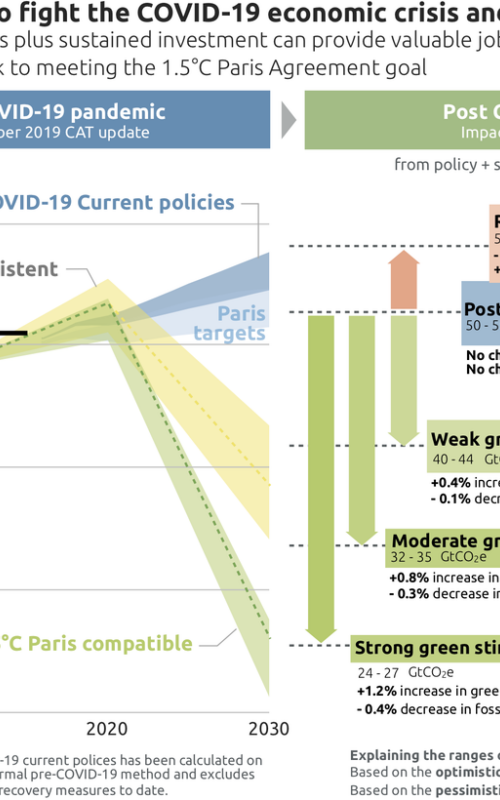Press releases
Media contacts:
press@climateanalytics.org
+49 1525 6124 061
Sign up to our media mailing list to receive our press releases and media alerts.

In its first major assessments of international shipping and aviation, the Climate Action Tracker has rated the 2030 climate targets for both sectors as “Critically insufficient”, and concludes that emissions may continue to rise sharply despite the impact of COVID-19.

We stand in solidarity with the Black Lives Matter movement and with all of those pursuing justice, climate justice, and calling for an end to systemic racism.

Climate Analytics is part of an international team of researchers and organisations partnering up for a new €6.7M project aiming to help rural East African communities adapt to climate change using state-of-the-art predictions of water scarcity and food insecurity.

South Korea must double its greenhouse gas emissions reduction targets to fulfil its obligation under the Paris climate agreement, our new report shows. Significantly strengthening its 2030 climate target would also help ensure South Korea can achieve its recently announced goal of reaching net-zero emissions by 2050, which would be very difficult under current emission trajectory.

Strategies to recover economically from the COVID-19 crisis need to set us on track towards meeting the Paris Agreement climate goals, attendees of the Placencia Ambition Forum heard during the event organised by the Alliance of Small Island Developing States.
